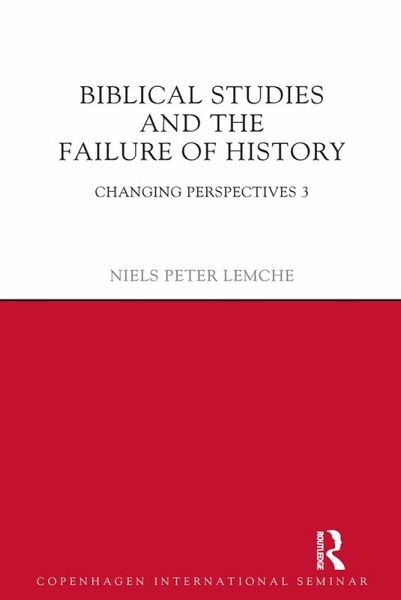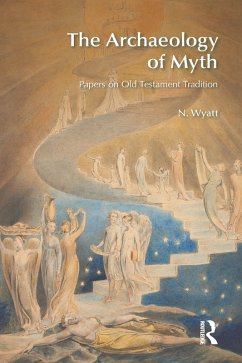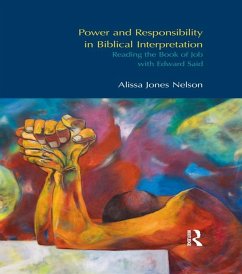
Biblical Studies and the Failure of History (eBook, ePUB)
Changing Perspectives 3
Versandkostenfrei!
Sofort per Download lieferbar
42,95 €
inkl. MwSt.
Weitere Ausgaben:

PAYBACK Punkte
21 °P sammeln!
The idea of the Old Testament as a source of historical information was replaced by an understanding of the texts as a means for early Jewish society to interpret its past. 'Biblical Studies and the Failure of History' brings together key essays which reflect the trajectory of this scholarly shift.
Dieser Download kann aus rechtlichen Gründen nur mit Rechnungsadresse in A, B, BG, CY, CZ, D, DK, EW, E, FIN, F, GR, HR, H, IRL, I, LT, L, LR, M, NL, PL, P, R, S, SLO, SK ausgeliefert werden.













